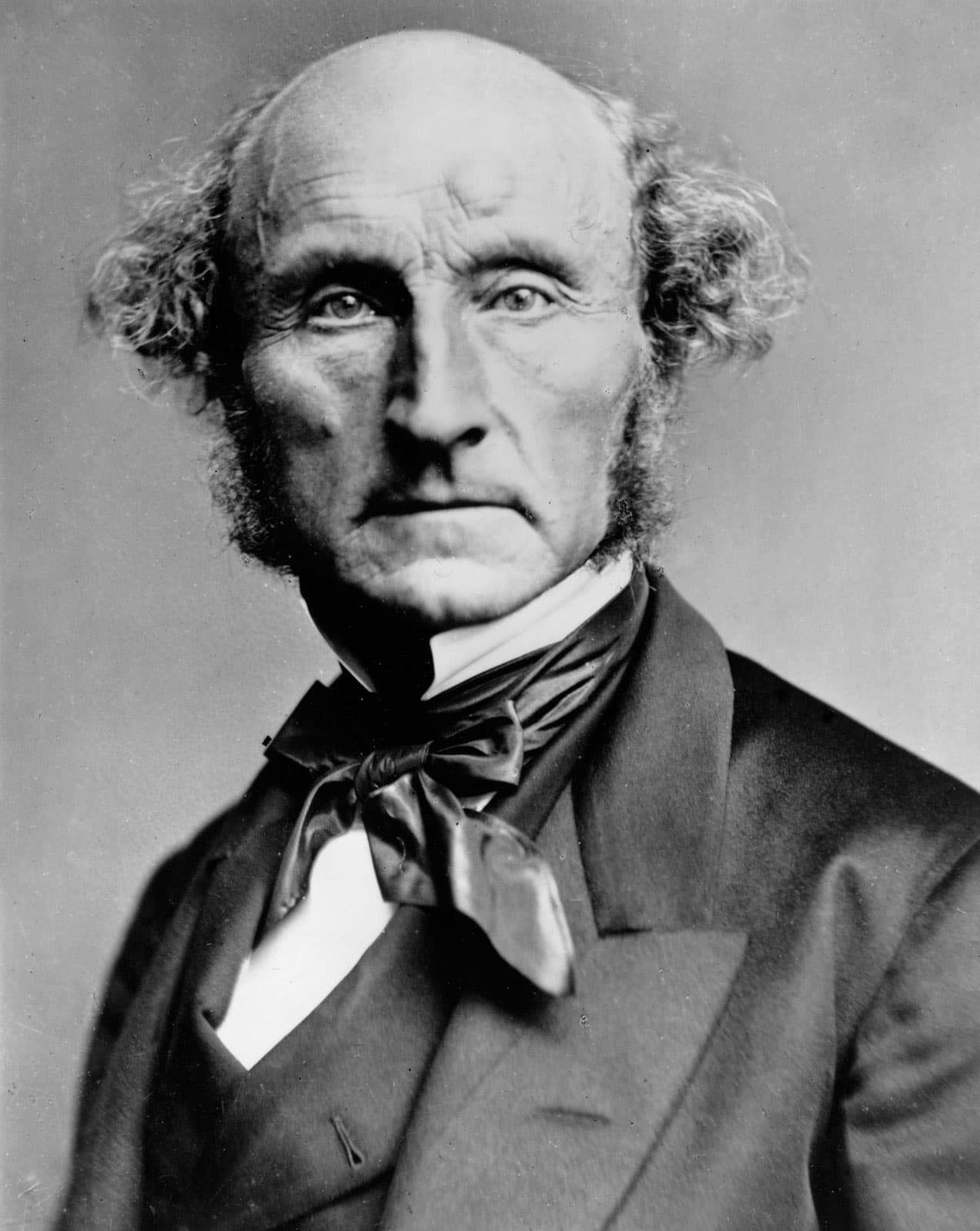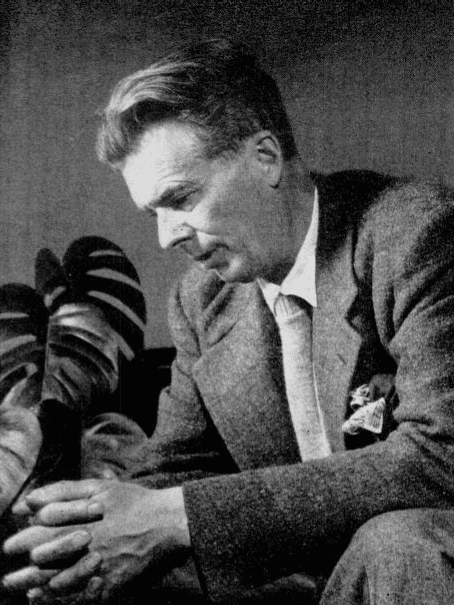'Dystopia,' explained
John Stuart Mill introduced the term "dystopia" in 1868 to critique harmful policies, calling it the opposite of utopia, or an ideal world. The concept grew as industrialization and totalitarian regimes exposed societal flaws, inspiring works like George Orwell's "1984" to warn against oppression and moral decay.


